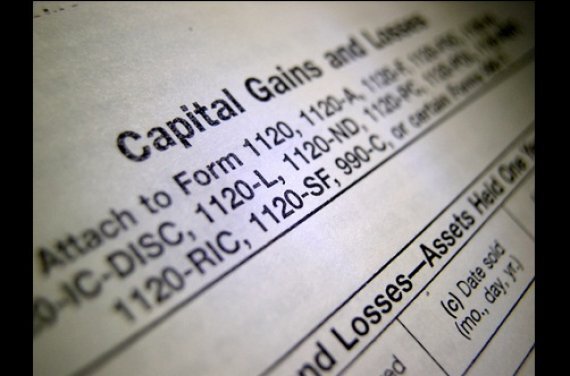
8 Tax Mistakes Advisors Think Accountants Make
It’s tax season, and that means a lot of scrambling to prepare and find ways to cut taxes. But advisors are skeptical that accountants are making all the right moves. Here are 8 mistakes advisors think accountants might make when preparing taxes for clients.

1. Misunderstanding the Pease Rule

2. Not Recording Itemized Deductions Properly
Accountants sometimes put their tax preparation fee as a miscellaneous itemized deduction on Schedule A, but often the taxpayer is not able to deduct it because it has to be above 2% of adjusted gross income, says Mike Piershale, president of Piershale Financial Group.If the taxpayer has rental income, a sole proprietorship, or is incorporated, the tax fee could be put on the Schedule E, C, or 1120s if applicable, and the full deduction can be taken.

3. Not Capitalizing on Passive Income-Related Expenses
If the tax payer has a small business, these expenses can be put on Schedule C or the 1120s tax form, if applicable, and written off, says Mike Piershale, president of Piershale Financial Group.

4. Miscalculating Cost Basis for Long-Term Gains
If we see that the gain on the sale of an investment is three times what the investor paid for that investment, often it is a mistake, says Mike Piershale, president of Piershale Financial Group.When accountants calculate cost basis to figure gains, they may not take into account the re-invested dividends, Piershale says.Reinvested dividends increase the cost basis, and remember; basis is not taxable. People can end up paying a lot more in capital gains taxes if the wrong cost basis is used, he adds. Accountants often have to rely on the investor to get the accurate basis. Its important for the investor to not just use the original price paid but add in all re-invested dividends, says Piershale.

5. Leaving Negative Taxable Income Alone
The problem is that you dont usually get to carry that forward, says Mike Piershale, president of Piershale Financial Group. In such instances Piershale often recommends pulling money out of a pre-tax IRA to offset the unused deductions and exemptions.That money comes out without tax since the deductions and exemptions shelter it, then the client can convert it to a Roth IRA where it will grow tax free and later come out tax free, says Piershale.

6. Being Reactive Instead of Proactive
One area where accountants could arguably get more actively involved is to help their retired clients manage their tax burden on a year-to-year basis by helping them figure out which asset pools (taxable, tax-deferred, Roth, etc.) to draw their cash flows/living expenses from, says Christine Benz, director of Personal Finance at Morningstar.

7. Not Realizing Impact of Tax Planning






